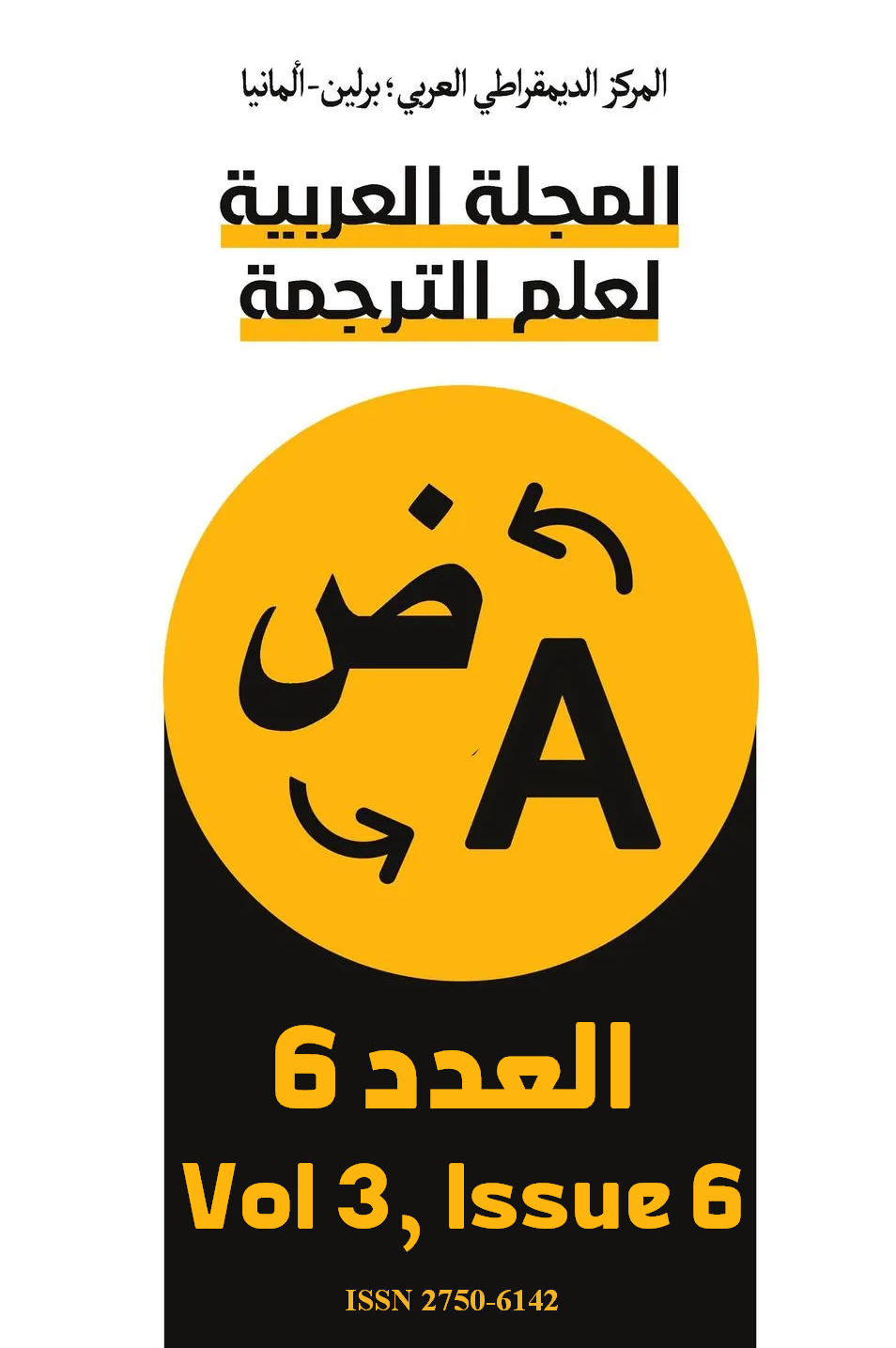“El tío Lambo murió en España” A poem from colloquial Egyptian Arabic Diwan poem from The Crowd (1964)- ‘Abdul Raḥmān al-Abnūdī
DOI:
https://doi.org/10.63939/AJTS.wptav457Keywords:
Arabic to Spanish literary translation, Arabic poetry translation, Arabic dialectal to Spanish translationAbstract
This paper is intended to convey the translation of a poem entitled "Uncle Lambo", it is written in colloquial Egyptian Arabic (‘ammiyya) and is part of the contents of the collection of poems entitled The Crowd (Diwan A-zzahma). The Diwan was written in 1964 and published in 1967 by the Egyptian poet 'Abdul Raḥmān al- Abnūdī.
The poem tells the story of a Spanish guitarist and singer-songwriter, whom the poet named "Uncle Lambo." Lambo emigrates to the town of Quena in the year 1936 to escape the Spanish Civil War and the injustice committed by the authorities in Spain. Lambo uses his Spanish guitar to sing of freedom of expression, the dignity of the Egyptian people, in a covert way, to awaken the rebellion of the people. A fascinating poem full of translatological challenges -from Egyptian Arabic to Spanish- that transfer to the reader sounds, textures, smells, and a myriad of human feelings, as well as other values.
Downloads
Published
Issue
Section
License

This work is licensed under a Creative Commons Attribution-NonCommercial 4.0 International License.
As an open-access the journal follows the CC BY-NC 4.0 Attribution-NonCommercial 4.0 International which states that:
- you are free to:
- Share— copy and redistribute the material in any medium or format.
- Adapt— remix, transform, and build upon the material.
- Under the following terms:
- Attribution— You must give appropriate credit, provide a link to the license, and indicate if changes were made. You may do so in any reasonable manner, but not in any way that suggests the licensor endorses you or your use.
- NonCommercial — You may not use the material for commercial purposes.
- No additional restrictions — You may not apply legal terms or technological measures that legally restrict others from doing anything the license permits.












